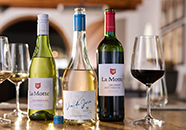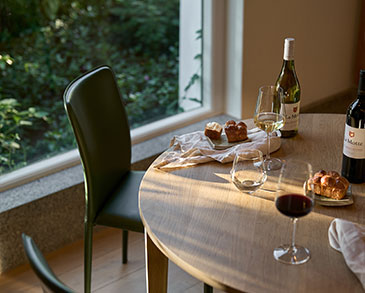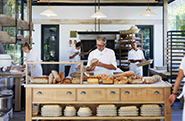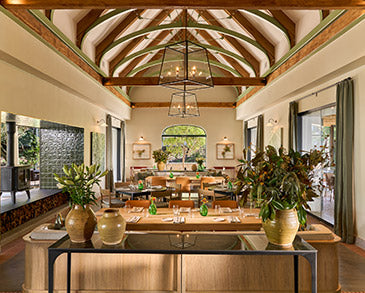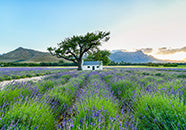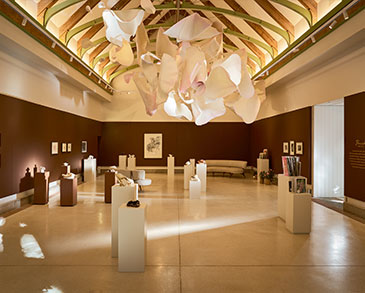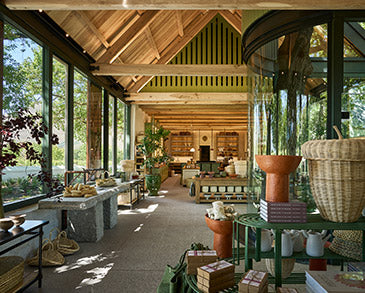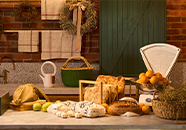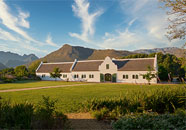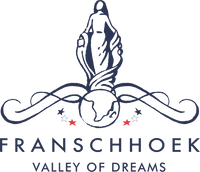
“… “terroir” is a French term originally used for wine and coffee to denote the special characteristics that geography bestowed upon these products. It can be very loosely translated as “a sense of place” which is embodied in certain qualities, and the sum of the effects that the local environment (especially the “soil”) has had on the growth of the product. The use of the term has since been generalized to talk about many cultural products.” http://en.wikipedia.org/wiki/Culture_of_France
With the 14th of July and the Bastille festivities in Franschhoek approaching, we are reminded of the French heritage of the Franschhoek Valley. Reading the definition of terroir, we can almost compare the establishment of the French Huguenots in South Africa to a vineyard. In the same way that certain attributes of a quality wine come from the vine and others from the terroir where it grows, the French brought some of their intrinsic traditions with them when they came to South Africa, while the terroir where they were “planted”, also contributed to them being able to maintain their culture.
What would the French have brought with them when they fled their country of birth to escape religious persecution in the late 1600’s? Their language, religion, traditions, ambitions, skills, palates and lifestyle? And how would the Franschhoek Valley (or French Corner) where they had to make a new life contribute or deduct from what they knew?
Although it must have been an enormous challenge trying to settle in a wild and unknown environment, in some ways, the Huguenots were lucky. Today, the Franschhoek Valley is one of the most picturesque places on earth and in those first untamed days, it must have been a place of spectacular beauty, albeit in a very different way than now. Further to that, the soil and climate made it suitable to farming and although the Huguenots surely have not all been farmers in France, at least they were familiar with a lifestyle of being self-proficient and knew a culinary culture of fresh produce and wine. What the valley had to offer naturally enabled them to develop the environment in a way that could support a way of life that was familiar to them. (Given that it must have been a challenge with elephants roaming the valley…)
And today still, that is true. While the Franschhoek Valley’s French heritage has a definite influence on the way we live, eat and drink, the valley itself also lends it to those traditions. The shape of the valley is perfect to form a small community, the terroir is ideal for fruit orchids and vineyards and with its wealth of fresh produce and quality wine grapes it is an automatic choice for chefs and winemakers, contributing to the culture of gastronomy very similar to what is found in France. Here chefs and passionate home cooks can find a wealth of seasonal ingredients and are able to forage for edible wild flowers, mushrooms and shoots while winemakers and wine drinkers philosophise over blends and barrels.
While the French language did not survive the Dutch and English influences at the Cape, the culture for all things culinary did and today still, locals are producing quality wines, charcuterie, chocolate, cheese and ice cream, they bake breads and croissants and they gather under oak trees in summer and in front of roaring fire places during the wet winters to eat and drink together.
With this combination of the imported French traditions and natural affinity of the Valley for the natural and fresh way of doing, it is no wonder that Franschhoek has never forgotten its heritage. Here you can definitely find a “sense of place” – a unique combination of French flair and South African hospitality that makes it the perfect place to live or to dream about living.
#BastilleFestival

